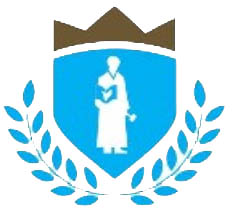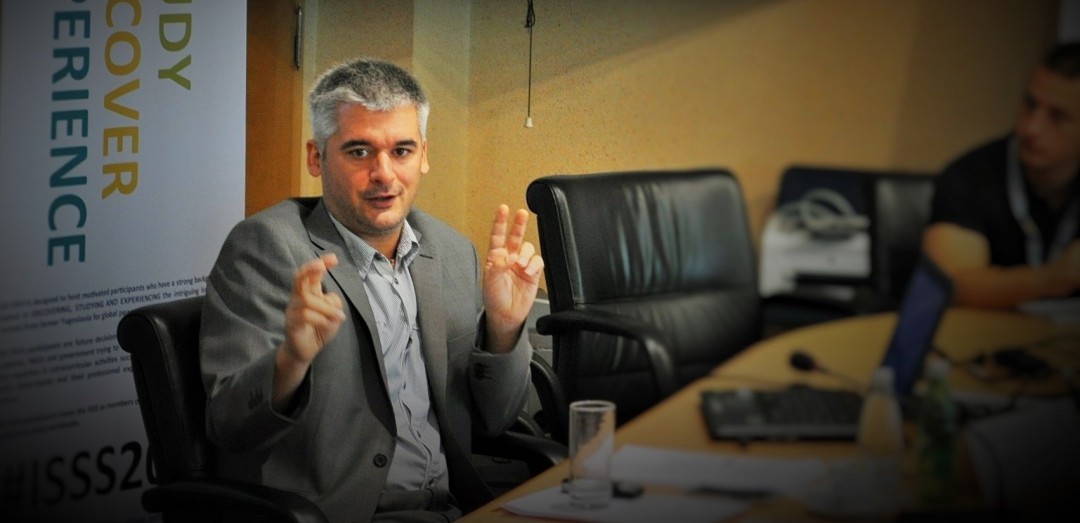Milos Bogicevic, whose professional experience includes Amnesty International (AI), the ICTY and the ECHR, is actually a former participant of the ISSS 2010.
The “facts established in judicial proceedings” are just one piece of justice, explained Milos.
Bogicevic talked about the truth commissions as one of the formal mechanisms to address past violations, Nuremberg trials and key figures of the ICTY cases. He emphasized that the role of witnesses has changed over the time which can be seen when comparing the Nuremberg trials and the ICTY. Nazis were very good in documenting everything and Germany was occupied which made it easy to seize documents necessary for trials. Lack of people who could testify about the Nazi crimes was the reason why several judges actually quit their job. However, work of the ICTY is nowadays mostly based on testimonies of witnesses. Bogicevic mentioned another novelty which was set up by the International Criminal Court (ICC); victims participate in all stages of proceedings. If necessary, there is even a team of lawyers to formulate their requests.
Bogicevic assessed that there is a possibility for deterrent effect of the ICTY. However, how big it is, is an open issue, said Bogicevic, adding that it is difficult to give a straight answer. He recommended to students to read the book “The Justice Cascade” written by Kathryn Sikkink, which deems that large scale trials in Latin America helped democratization of the continent and the region.
Asked by Jovana Spremo from Serbia about the legacy of the ICTY and negative picture in former Yugoslav countries, Bogicevic said that we should imagine what if the ICTY never existed. “It is far from perfect”, said Bogicevic adding that the court finished significant number of cases, established historic and forensic facts which cannot be disputed and thus contributed to future work of other courts. “Overall, the court has had a positive effect”, underlined Bogicevic.
At the end, he emphasized that criminal trials cannot eliminate all damage that was caused and that we should bear in mind the inherent boundaries of criminal trials. He mentioned the statements of ICTY judge Theodor Meron, who among other things said that the ICTY is a criminal court which does not deal with reconciliation and reparations. The ICTY could have and should have focused more on the victims in the first place, deemed Bogicevic.

